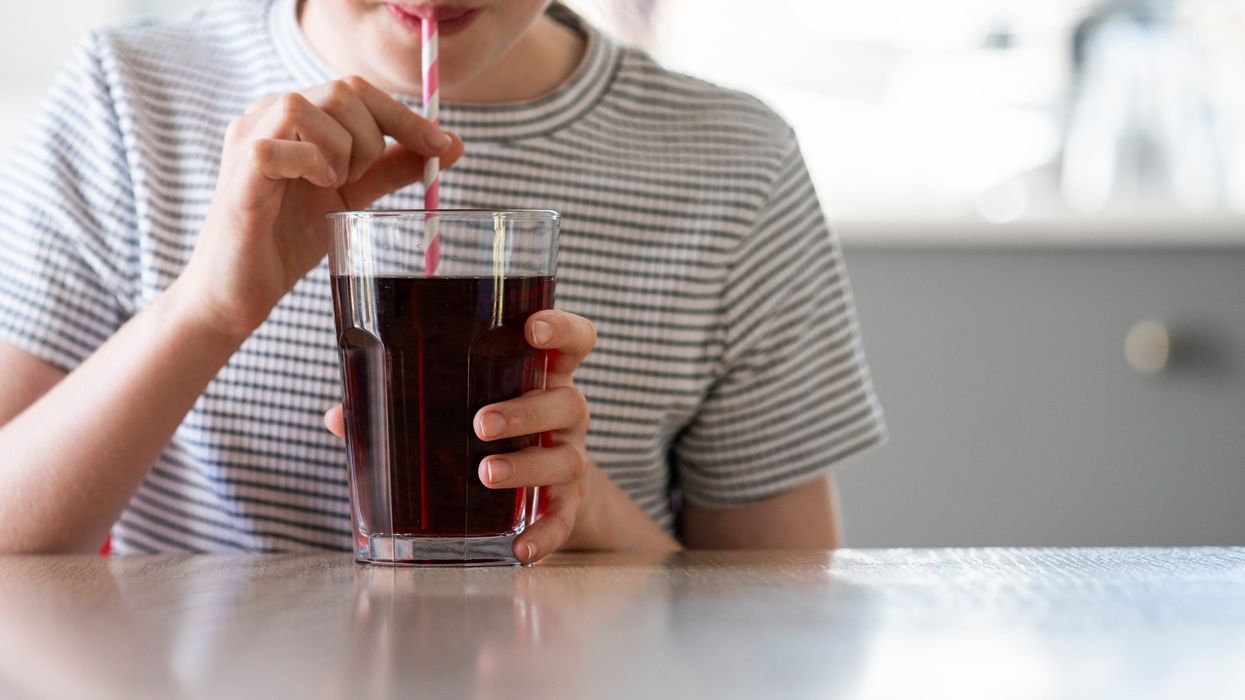Anxiety is “an emotion characterized by feelings of tension, worried thoughts, and physical changes like increased blood pressure,” informs The American Psychological Association.
People may feel anxious due to several different things. According to the NHS, this could include phobias, the current cost of living, or conditions such as OCD (obsessive-compulsive disorder).
Anxiety can also be caused due to certain genetic, environmental, or medical factors amongst other things.
However, experts in the US have now discovered that what we eat or drink can also make us feel anxious, The Sun reports.
Researchers at the Washington University School of Medicine Mallinckrodt Institute of Radiology and Department of Neurology, St. Louis studies the link between aspartame and anxiety.
Research on mice and not humans was conducted by medics. It was found that after consuming sweeteners like aspartame the mice displayed anxiety for generations.
Often used in low-calorie food and drinks, aspartame is also included in Diet Coke.
The new study, published in the Proceedings of the National Academy of Sciences (PNAS), shows that consuming even just a small amount could cause damage.
PNAS informs that since its approval by the FDA in 1981, its use has risen increasingly along with controversy regarding its potential adverse effects.
Apparently, today, aspartame is found in nearly 5,000 food products that are consumed by men, and women, including pregnant women, and children.
Previous studies state that aspartame could also increase the risk of cancer and even sepsis which is the body’s extreme response to infection.
For the study, mice were given water mixed with aspartame. Also, the mice were given free access to this liquid.
The dosage was reportedly equivalent to 15% of the Food and Drug Administration's recommended maximum daily amount for humans.
This is equal to 50 milligrams per kilogram of body weight a day.
According to the researchers, when tested, the mice that consumed this reportedly displayed more anxious behaviour.
The effect of the aspartame (anxiety) could then be seen in the rodents' offspring for up to two generations after them.
Neuroscientist Pradeep Bhide is reported to have said, "What this study is showing is we need to look back at the environmental factors, because what we see today is not only what's happening today, but what happened two generations ago and maybe even longer."
The mice were tested across several generations to measure anxiety.
Researchers also carried out sequencing on the nervous systems of the mice to understand how the tissue's genes of their nervous system were being expressed. This is because previous studies state that when consumed, aspartame can affect the central nervous system.
Interestingly, experts found that there was supposedly a significant change in the amygdala, the part of the brain that is associated with anxiety.
Diazepam, the drug that is also known as Valium, was given to the mice that were exposed to aspartame to help calm their anxiety – it was found that after consuming this medication, their behaviours stopped.
Experts inform that Diazepam too helps to regulate the same pathway in the brain that is affected by the sweetener.
However, when it comes to establishing links between aspartame and anxiety, researchers are of the opinion that there is still a long way to go and much more work is needed.
Nevertheless, they still advise practicing caution when consuming beverages with aspartame.
They add, "Extrapolation of the findings to humans suggests that aspartame consumption at doses below the FDA recommended maximum daily intake may produce neurobehavioral changes in aspartame-consuming individuals and their descendants.
"Thus, the human population at risk of aspartame's potential mental health effects may be larger than current expectations, which only include aspartame-consuming individuals."
However, the director general of the British Soft Drinks Association, Gavin Partington told The Sun, "This study was conducted on mice, not humans.
"According to all leading health authorities in the world, non-sugar sweeteners such as aspartame are safe and that’s why they’ve been used in a wide range of medicinal, food, dental, and drinks products for several decades."




